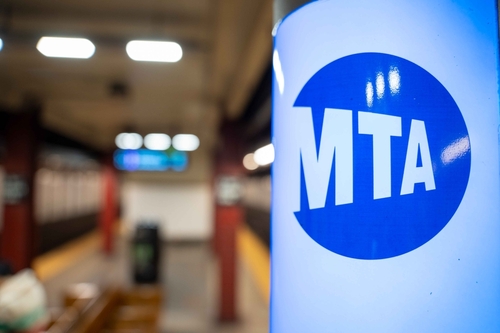
On Monday, New York’s Metropolitan Transit Authority announced it would commit to awarding between $6.5 and $7.5 billion in contracts to New York State Certified Minority- and Women-Owned Business Enterprises (MWBE), Service-Disabled Veteran-Owned Businesses (SDVOB) and/or Disadvantaged Business Enterprises (DBE).
The announcement is part of MTA’s 2025-2029 Capital Plan and is part of MTA’s commitment to add 350 new businesses to its Small Business Mentoring Program over the next five years, officials said. The MTA said it is committed to providing contracts to small businesses – including up to $400 million as part of its next capital plan. MTA said it is also committed to certifying another 300 firms as registered DBE’s over the next five years.
The MTA also said it is committed to adding local hiring goals to $5 billion of contracts in the plan, a move the MTA said will translate to thousands of union-wage jobs in the communities where the projects are based. Started in 2022, the local hiring pilot has already led to the hiring of hundreds of people on projects in Brooklyn and Queens, officials said.
“We announced our next five-year Capital Plan this month and there’s a lot of work to be done,” MTA Chair and CEO Janno Lieber said. “When we talk about rebuilding and improving the transit system, this includes billions of dollars of work to be done by our diverse contracting community. As the fourth largest employer in the region, the MTA is proud to partner for an equitable and inclusive economy.”
Last year, the MTA awarded more than $813.5 million in contracts across more than 500 MWBE firms, $392.3 million to DBE firms and $16.7 million to service-disabled veteran-owned small businesses.
“Beyond its essential role as a transportation agency, the MTA plays a huge role in the social and economic landscape of this city and region,” MTA Chief Diversity and Inclusion Officer Lourdes Zapata said. “As an industry leader with the best-in-state MWBE/SDVOB contracting program, it is important we continuously look for ways to increase awareness, connections and ultimately participation to ensure we’re doing our part in creating work and business opportunities that benefit our communities.”